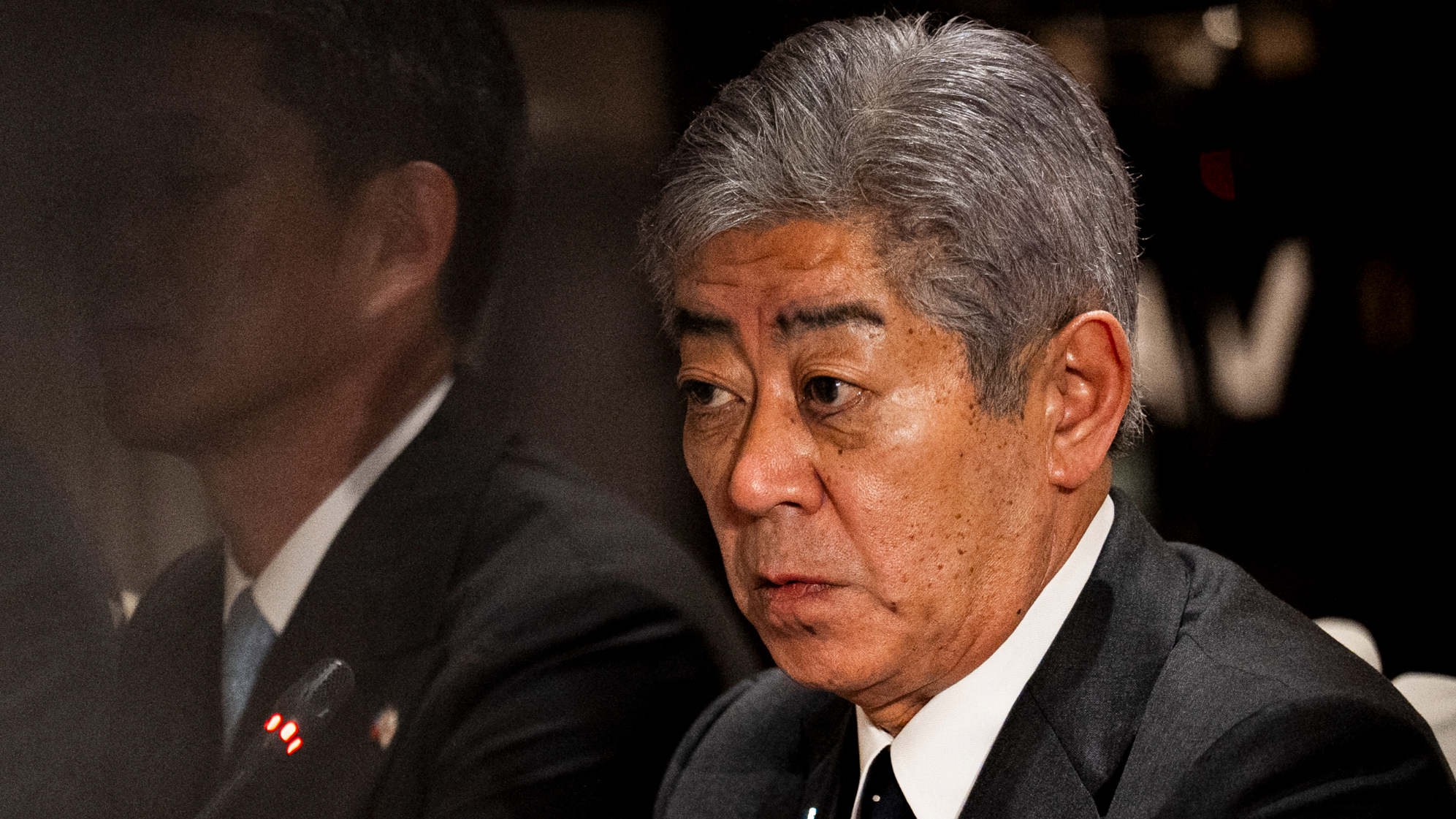
Japan has asked to be exempted from the so-called reciprocal tariffs that Donald Trump plans to adopt this year as the Asian nation works to minimize any potential fallout.
Foreign Minister Takeshi Iwaya sought the country’s exclusion from the tariffs when he met US Secretary of State Marco Rubio during the Munich Security Conference, according to a transcript of the meeting dated Feb 15 released by Japan’s foreign ministry.
“I relayed my thoughts to Rubio that Japan should not be one of the countries subject to reciprocal tariffs,” Iwaya was quoted as saying. He also raised the issue of automobile tariffs and sought exclusion from the 25 percent tariff the US will levy on imported steel and aluminum products.
The remarks followed Trump’s order to consider imposing reciprocal tariffs on numerous trading partners as soon as April, raising the prospect of a wider campaign against a global system he complains is tilted against the US.
ALSO READ: Trump signs plan to impose 'reciprocal' tariffs on trading partners
Trump has previously attacked Japan’s trade surplus with the US and yen weakness that feeds into that imbalance and recently singled out Japan, as well as South Korea, as nations that he believes are taking advantage of the US.
The Japanese government had begun communicating with Washington over tariff matters, Japanese Trade Minister Yoji Muto told reporters on Friday.
READ MORE: US tariffs seen as threat to its economy
Iwaya met with South Korean Foreign Minister Cho Tae-yul as well during the Munich conference to reaffirm a trilateral partnership between the US, Japan and Korea, according to a joint statement. Cho sought support and cooperation for the countries’ Mineral Security Partnership aimed at building reliable supply chains for minerals.



